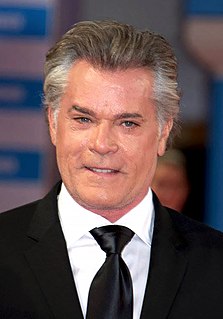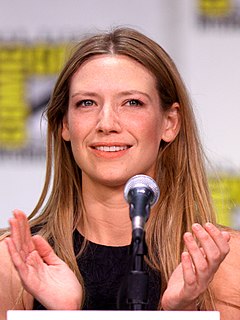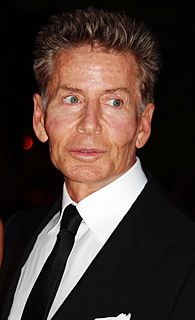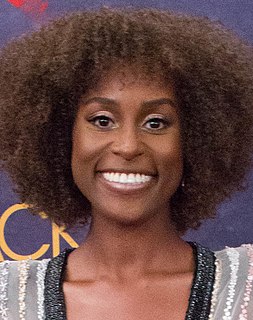A Quote by David Bailey
Journalists never make it clear when you are joking.
Quote Topics
Related Quotes
Journalists in newspapers and in many magazines are not permitted to be subjective and tell their readers what they think. Journalists have got to follow a very strict formulaic line, and here we come, these non-fiction writers, these former journalists who are using all the techniques that journalists are pretty much not allowed to use.
I think that all journalists, specifically print journalists, have a responsibility to educate the public. When you handle a culture's intellectual property, like journalists do, you have a responsibility not to tear it down, but to raise it up. The depiction of rap and of hip-hop culture in the media is one that needs more of a responsible approach from journalists. We need more 30-year-old journalists. We need more journalists who have children, who have families and wives or husbands, those kinds of journalists. And then you'll get a different depiction of hip-hop and rap music.
I think that all journalists, specifically print journalists, have a responsibility to educate the public. When you handle a culture's intellectual property, like journalists do, you have a responsibility not to tear it down, but to raise it up. The depiction of rap and of hip-hop culture in the media, I think, is one that needs more of a responsible approach from journalists.
I can't become naked for everybody. It's never going to be possible for the person to write the whole story completely, so I find bits of myself, bits of what I think in some articles. And I don't give lip service to journalists. I never make them feel comfortable. I say, "It's your job to make the story."
You know, you have a lot of people - I've met a lot of people in the past, I've gone to private schools, you know, encountered different people who think that it's OK to make comments, insensitive comments about your race because they're joking. And think that if they're joking and they say it, you know, good-naturedly, that things will fly.


































